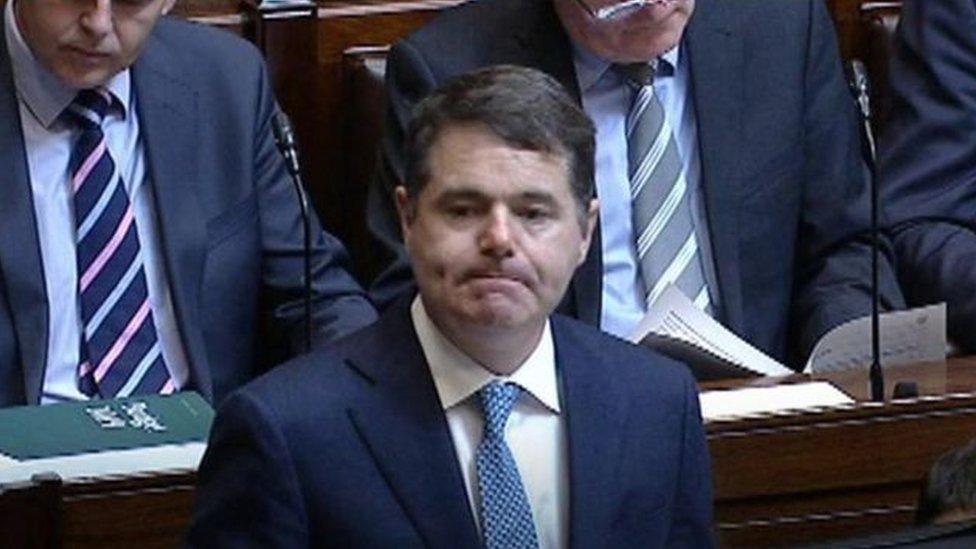Irish budget: Climate change and Brexit 'threaten Irish economy'
- Published
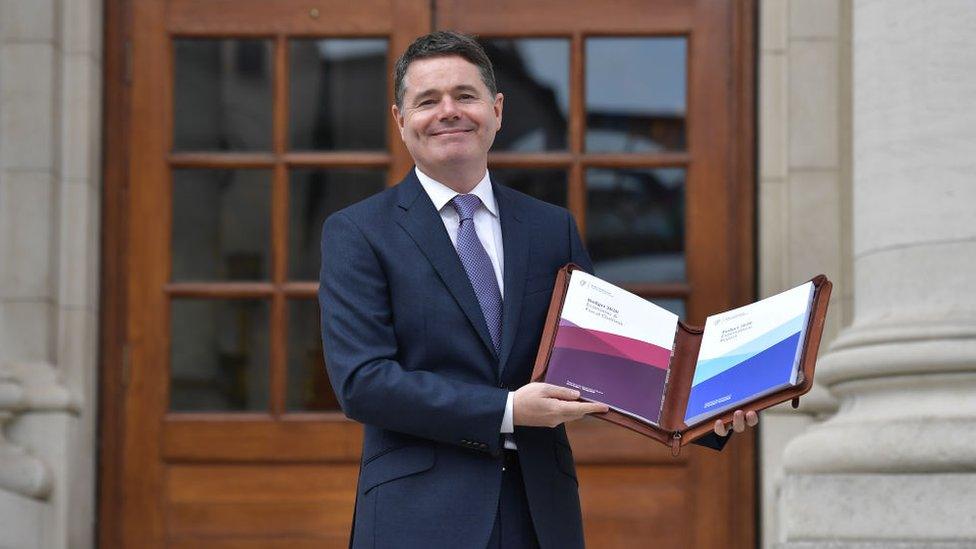
Paschal Donohoe says Brexit and climate change are the two main risks to the Irish economy
The Irish finance minister has unveiled a cautious budget for 2020 on the assumption of a no-deal Brexit.
Growth next year, predicted to be close to about 5.5% this year, will be much slower if the UK crashes out of the EU, said Paschal Donohoe.
He promised a contingency fund of €1.2bn (£1.07bn) for "at-risk" sectors such as agriculture and tourism.
He pleaded for understanding considering "the shadow of Brexit" cast over his calculations.
The contingency fund would require borrowing but the minister said if there was a Brexit deal he would not approach lenders.
The Republic of Ireland already has a debt pile of over €200bn (£176bn), which is mainly the result of the 2008 property-related economic crash and the resulting bank bail-out.
Fuel price increase expected
In his opening remarks on Tuesday, Mr Donohoe said there were two risks to the Irish economy - Brexit and climate change.
To respond to the climate challenge he announced that the carbon tax would increase by €6 (£5.38) a tonne from midnight on Tuesday.
That amount is too small for many green activists but has been criticised by Sinn Féin and left-wing parties for disproportionately affecting the less well-off.
The increase is expected to result in an increase of between one and two cents in diesel and petrol at the fuel pumps.
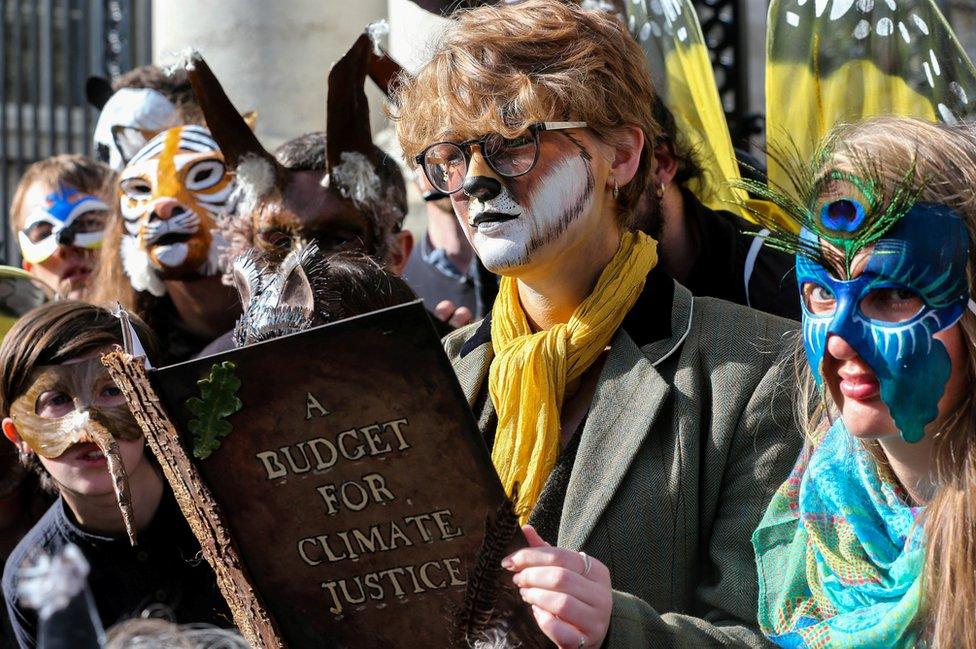
Activists protested outside Dublin's Government Buildings, calling for urgent action on climate emergencies
It is estimated it may mean heating cost rises of about €150 (£135) for the average family but will not come into effect until after winter.
Mr Donohoe said that the money raised by the tax would be "ring-fenced" to deal with climate-change.
The minister also proposed measures - including more charging points - to encourage people to use electrics cars rather than vehicles powered by fossil fuels.
'Time and space for Brexit focus'
While the minister did not increase the price of alcohol, once again he put 50 cents (44p) on a packet of 20 cigarettes, resulting in it costing about €13.50 (£12.10).
There were no major change to income tax.
Because the governing Fine Gael supporting party has a confidence and supply arrangement with Fianna Fáil the main opposition party had an input to the budget, which is expected to be the last before an Irish general election expected next summer at the latest.
Fianna Fáil's finance spokesman Michael McGrath said his party had "afforded the government the time and space to focus on delivering the best possible Brexit outcome for Ireland".
"That was and remains the right approach from the largest party in opposition given the enormity of what is at stake," he added.
Sinn Féin's Pearse Doherty accused the government of a "reckless use of public money" in their handling of the national finances.
- Published8 October 2019
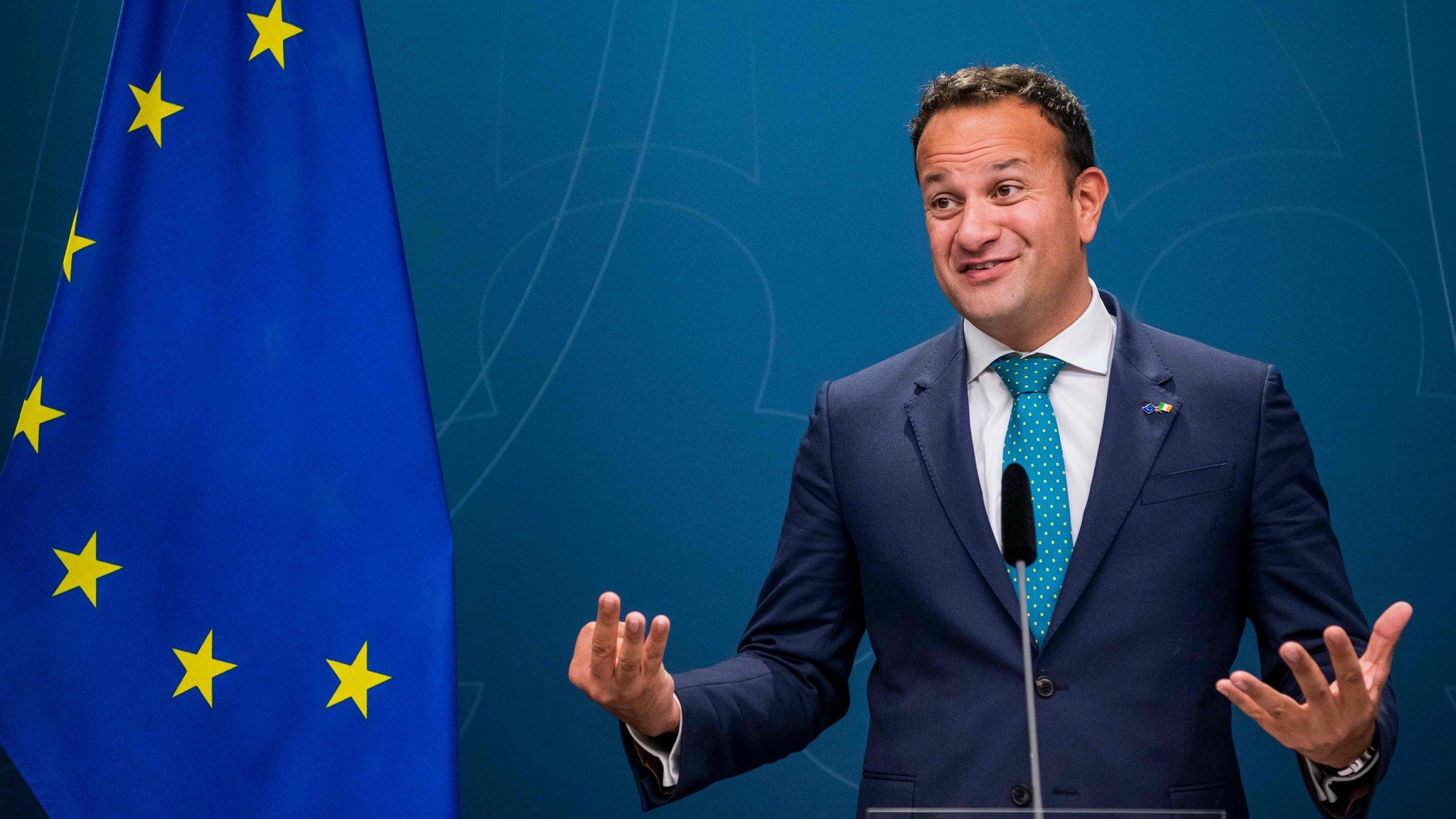
- Published3 October 2019
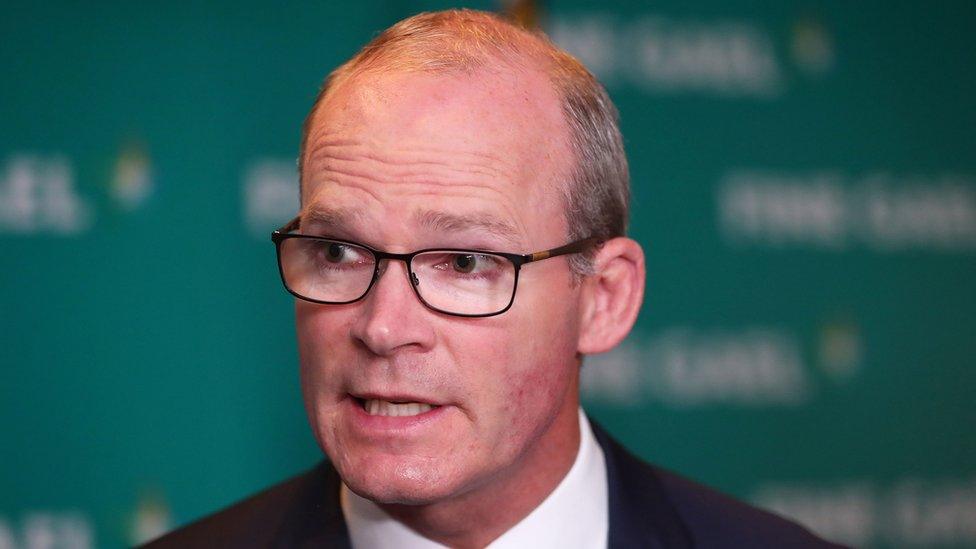
- Published25 June 2019
